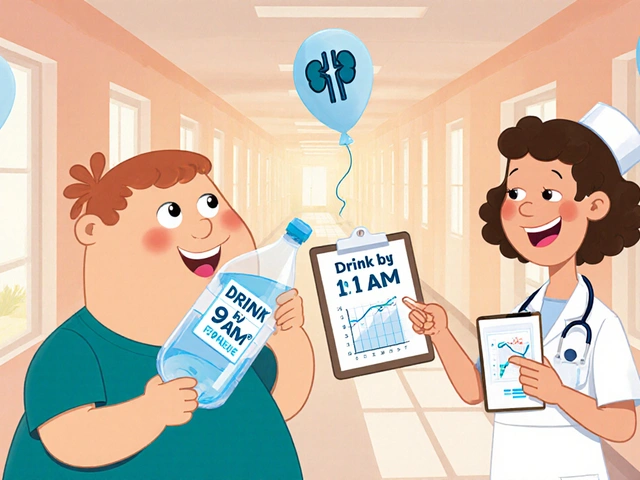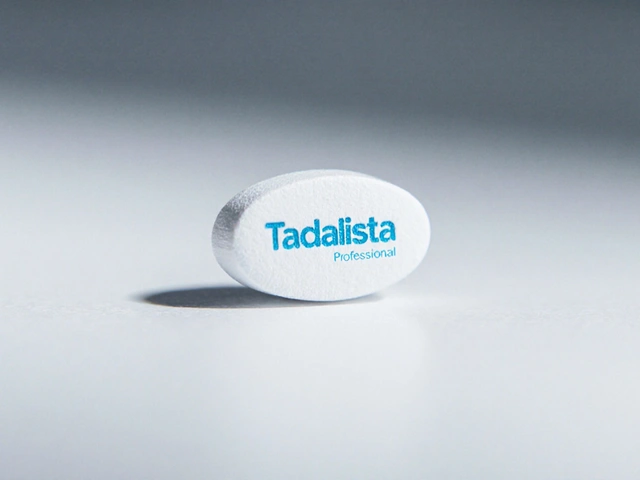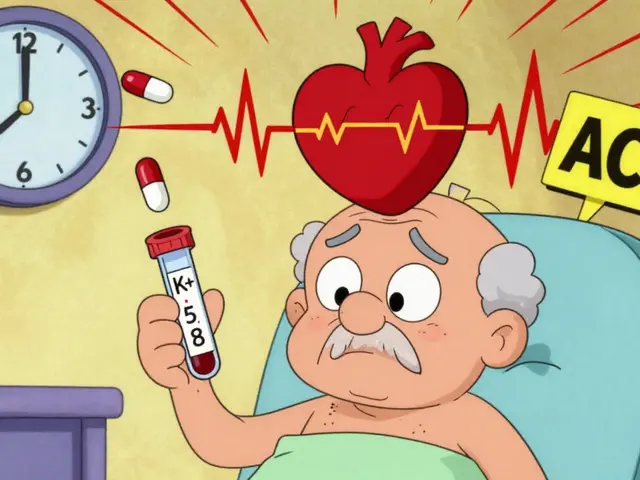Bee Pollen: Benefits, Uses, and Safety Tips
Bee pollen is made of tiny granules bees collect from flowers. It’s rich in vitamins, amino acids, enzymes, and plant compounds, so people use it as a natural boost for energy, recovery, and overall nutrition. It can help some users feel more energetic and support skin and immune health, but it’s not risk-free—allergic reactions can be serious. Read on for quick, useful advice on using bee pollen safely and getting the best results.
What bee pollen does and who might benefit
Many take bee pollen as a daily supplement to fill nutrient gaps. Athletes sometimes use it for endurance and faster recovery; a few small trials found modest performance and inflammation benefits. Others use it for seasonal allergy relief—low-dose local pollen sometimes acts like a mild desensitizer for hay fever—though results vary. Topical mixes or creams with bee pollen are used for skin healing and to support wound recovery in some natural remedy circles.
How to use it and dosing tips
Start very small: 1/8 to 1/4 teaspoon once daily for the first week, then slowly increase if you tolerate it. Typical daily amounts range from 1/2 teaspoon to 1 tablespoon, or capsule forms around 300–500 mg taken once or twice daily. Put it on yogurt, blend into smoothies, sprinkle over cereal or salads, or mix into honey. If you want long-term allergy effects, some people take a small daily dose for several weeks, but don’t expect instant fixes.
Store bee pollen in the fridge or freezer to keep it fresh. Raw or frozen pollen keeps nutrients better than heat-processed products. Always check the label for added fillers—pure pollen should list only pollen.
Watch for side effects. Mild digestive upset, itching, or skin rash can occur. Stop immediately and seek medical help if you get swelling, wheezing, dizziness, or trouble breathing—those are signs of a severe allergic reaction.
Don't use bee pollen if you have a known bee or pollen allergy, or if you have severe asthma. Pregnant and breastfeeding women should skip it unless a doctor says it’s okay—safety data is limited. If you take blood thinners or have immune system issues, talk to your healthcare provider before starting bee pollen.
When buying, choose products from reputable sellers that show sourcing and batch testing. Local farm-sourced pollen can be good for seasonal allergy support because it contains local plant pollen, but confirm purity and storage practices. Organic labeling helps, but more important is a clear ingredient list and good reviews.
Quick tip: begin with tiny doses, keep a symptom diary, and give it a few weeks before judging benefit. If you have any doubts, ask your doctor—especially if you take medication or have allergies. Bee pollen can be a helpful, natural addition for many people, but respect its potency and potential risks.





